Personality Rights In India : A Statutory And Judicial Analysis
IP and Legal Filings
APRIL 19, 2023
Introduction Personality rights refer to a person’s ability to safeguard his or her identity in the context of a property or privacy right. Celebrities value these rights since their names, images, or even voices may be inappropriately used in commercials by various businesses to increase sales. Puttaswamy v.

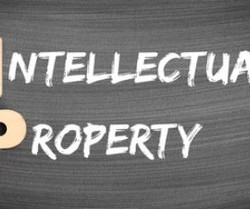
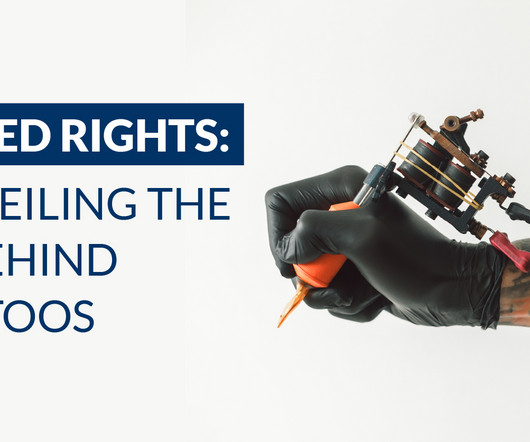
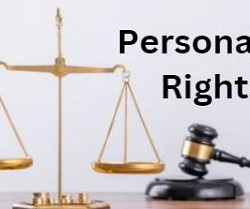
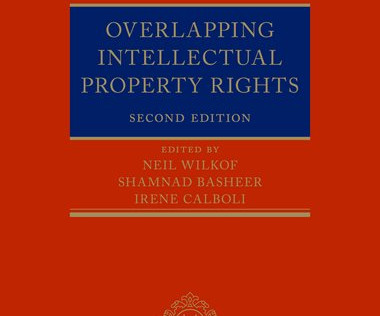
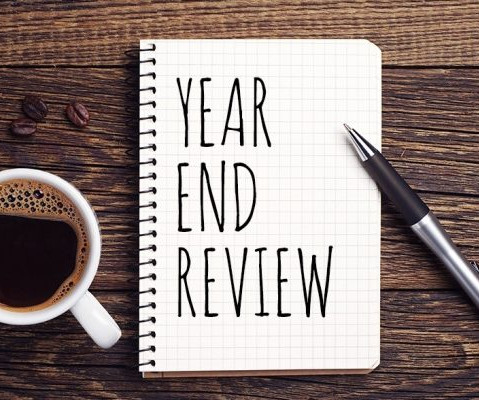






Let's personalize your content